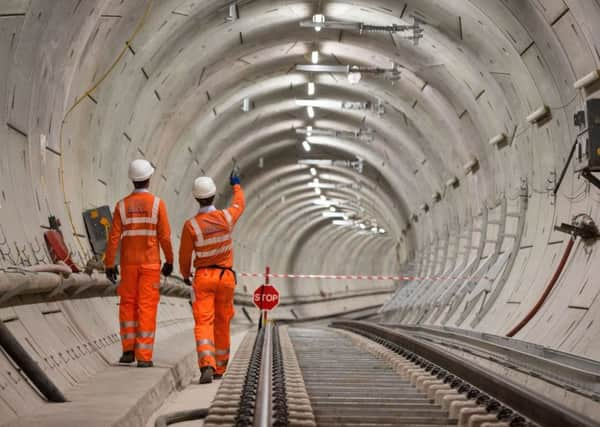Why I'm against Leeds Council's plans for a '˜Clean Air Zone'


Some of those reading this may wonder why? Why would I be opposed to a system which penalises heavily polluting vehicles, such as buses and taxis? Especially buses, those rolling road blocks of the road.
Well, while bringing in charges for buses, HGVs, taxis and private hire vehicles that fail to meet the latest emissions standards (so, pretty much most of them) might sound like a good idea, in the final analysis, the logic behind this idea is fundamentally flawed. It is based on the assumption that by introducing charges, people will be encouraged to change their habits. But will the additional charge be sufficient to do this, or will it merely be an irritant, tolerated by the frequently targeted haulage industry and simply passed onto customers through higher fares by taxi firms? Likewise, bus firms are likely to find ways to pass on the charge to their customers, either that or depress wages for workers.
Advertisement
Hide AdAdvertisement
Hide AdMeanwhile, technological advances in the use of clean energy buses are already well underway - Optare’s first electric double-decker went on trial in Leeds in September. It’s worth conceding any new clean air levy may accelerate such innovation but ultimately it will not change habits.
The council wants more people to cycle (never mind the weather) and to use park and ride schemes but for the majority, who have children to pick up, partners to drop off, shopping to get, elderly relatives to visit and a million other things, such options are neither use nor ornament.
The fear is, of course, that once such a clean air zone is established (affecting all rounds inside the outer ring road, no less), it will be extended to private vehicles, no doubt with a bewildering array of conditions/exemptions and so on.
I’ve said it before and I’ll keep on saying it: none of the ‘overland’ solutions has long term viability. The answer is right under our feet: the as-yet-unbuilt Leeds Underground, an ambitious project only for people with imagination, passion and vision (and, ahem, money). A mining firm is building a 37km tunnel from Whitby to Teeside, which proves tunnelling is both possible and profitable, as it would be for Leeds.